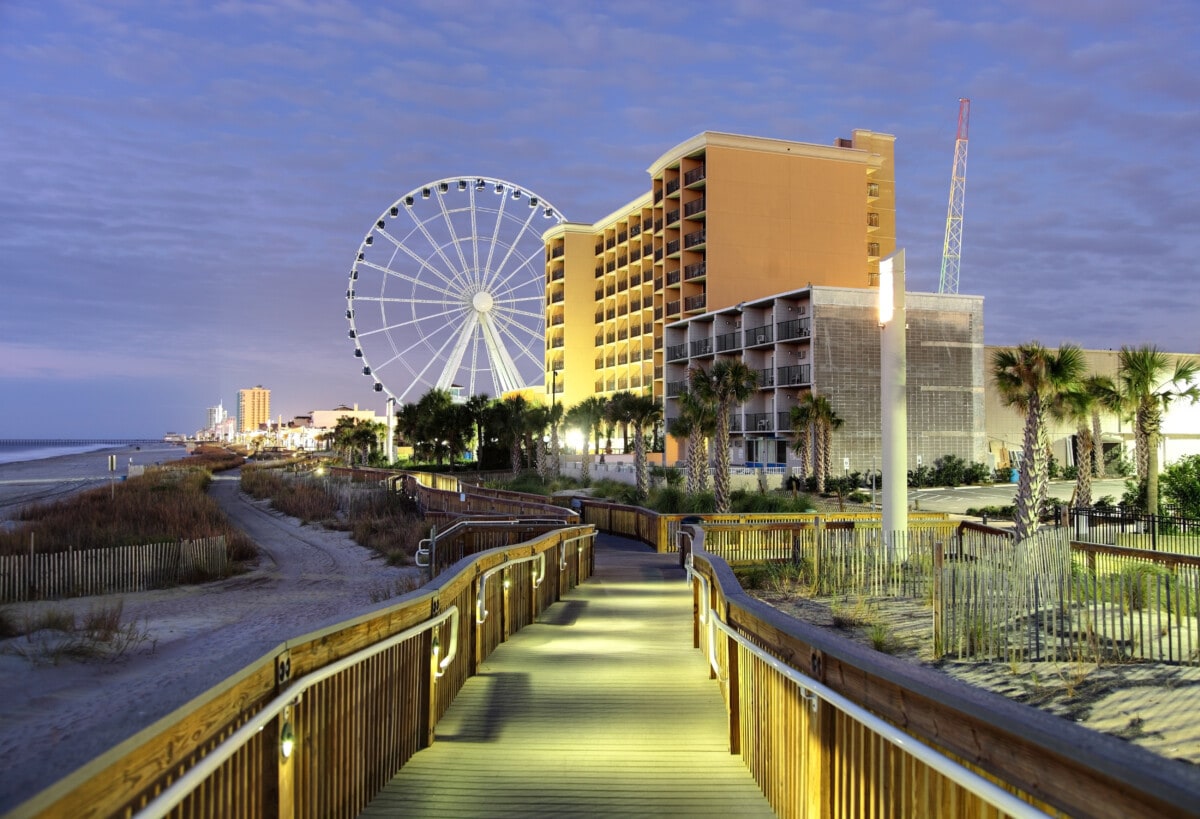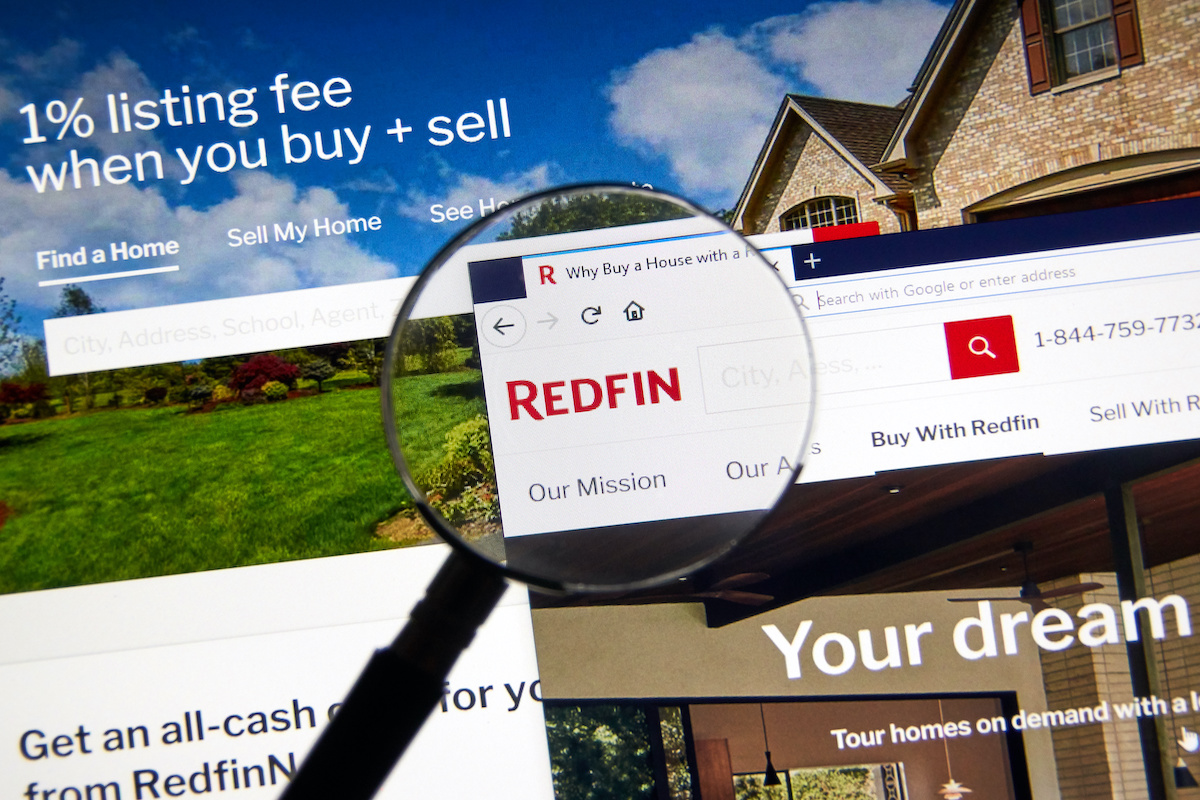What do you see when you picture a short-term rental (STR) host? Perhaps someone living their best life, sipping coffee on a balcony with a scenic view, effortlessly raking in passive income while guests practically run the place?
I hate to burst the dreamy bubble, but STR hosting is a bit more…let’s call it complicated. I pulled in $350,000 last year in gross revenue from four rentals I own, but that six-figure number didn’t precisely come wrapped in a bow. From picking the right markets, knowing common Airbnb expenses, and wrangling accounting software, here’s a peek into the sometimes chaotic life of making it work as an STR investor, with a shoutout to Baselane for keeping my bookkeeping and accounting in place (more on them later).
Scale Like a Pro (or at Least Try Not to Cry)
What is the key to making big bucks in the STR world? Go big or go home—you don’t stop at one unit. While one rental can bring in some side income, you’ll need multiple properties or one mega-property to hit $350,000.
I started with a small house I bought that sits on 12 acres in a regional destination area. I lived on the property for a year to get the benefits of an owner-occupied loan while saving cash from a massive down payment. Utilizing the extra land, I knew building three extra cabins would bring in more revenue and cut my expenses.
We grew it slowly and only launched one rental while we started to build our first cabin. We took any cash flow and immediately reinvested in the property to keep scaling our rentals gradually. Now, each cabin brings in $90,000 a year, and our first house on the property averages around $60,000 yearly. It was not a sure thing, and I was ready to give up many times.
Not all hosts want to take on the challenges of building an entire STR business, but they can still benefit from thinking like a large-scale host. It sounds obvious, but that doesn’t mean it’s easy. Scaling up involves searching for properties in markets that make sense, which means researching cities where people want to stay. Spoiler alert: Just because your Aunt Edna’s cottage is cozy doesn’t mean it’ll book like crazy.
The trick is finding the Goldilocks zones—not too crowded, but not in the middle of nowhere. I use the 60/30/10 rule: 60 minutes from a major city, 30 minutes from a tourist attraction, and 10 minutes from civilization (gas stations count as civilization). That’s how you get steady demand across all seasons, with fewer surprises that can wreck occupancy rates.
Make Technology Your New Best Friend
When I first started, I ran almost everything manually—and it was about as relaxing as herding cats. Enter technology, the magic tool that allows me to manage my STR empire without losing my mind.
First, using smart locks saved me from lost keys and panicked texts at 2 a.m. And pricing software? Absolutely essential. You can look into tools such as PriceLabs and Beyond Pricing for some of the top-rated dynamic pricing software on the market.
The days of setting one nightly rate and hoping for the best are over. The right pricing tool analyzes market trends and tweaks my rates for maximum bookings. It’s like hiring a team of data analysts, minus the salary and awkward small talk.
But the real lifesaver? Booking automation tools that can handle guest communication, scheduling cleaners, and even sending friendly reminders for guests to leave a review. After all, nothing says “Please give me five stars,” like a polite follow-up email. Plus, with all the time I save on manual tasks, I can finally do essential things—like analyze coffee beans or, you know, run my business.
Managing Money
Ah, the not-so-glamorous part of STR success: tracking finances. A big part of scaling STRs is tracking costs across multiple properties, staying on top of revenue, and handling the endless list of expenses that can eat into profits. Without financial wizardry (or, in my case, Baselane), I’d have missed many important details affecting my bottom line.
Baselane has become my behind-the-scenes MVP for STR accounting and bookkeeping. Here’s why:
Banking and bookkeeping, all in one place
My properties have different income streams and expenses, from utilities to guest supplies. Baselane allows me to set up separate bank accounts for each property, which means I can track all income and expenses without the headache of mixed-up funds. I can auto-tag transactions using over 120 real estate-specific categories and finally retire from the manual bookkeeping I did in the past.
Expense tracking made painless
Every time I see a repair bill or a cleaning invoice, my first thought used to be, “How much will this hurt?” Now, I let Baselane automate everything for me and move on. It even helps me categorize expenses by property and Schedule E, so tax season doesn’t feel like my nightmares are auditing me.
Automated reporting
Knowing where my money is going is critical, and having automated reports helps me see which units are pulling their weight (or not). Plus, with reports that show income and costs, I can make informed decisions to streamline and cut expenses.
Tax preparation that doesn’t make me panic
When tax season rolls around, Baselane’s reporting tools save me hours of pulling my hair out. I can give my accountant a tax package with property-level income, expenses, and Schedule E.
The Not-So-Fun Realities
While the income is excellent, STR hosting isn’t all rainbows and roses. Here are a few truths I’ve come to embrace.
Guest shenanigans
Sometimes, you get a couple celebrating an anniversary; sometimes, you get a frat party that didn’t know it was a frat party. STR hosting isn’t a game for the fainthearted. Between surprise parties, broken appliances, and mysterious stains, the job has its “quirks.”
Maintenance
Let’s be honest: STR properties aren’t like your typical long-term rentals. You need a team on standby to tackle issues from leaky faucets to Wi-Fi outages (which, for some guests, are apparently the worst thing ever). Keeping everything in tip-top shape isn’t just courteous; it’s essential to keep reviews high and rebookings steady.
Ever-changing rules
Regulations around STRs vary wildly by location and are always subject to change. That means having backup plans and staying on top of the latest laws so you don’t accidentally violate an ordinance and get shut down. Let’s just say that’s when you feel the “fun” part of being an entrepreneur.
The Upshot: More Than Money
Even with the headaches, running a profitable STR business has been one of the most rewarding experiences. Scaling from one to multiple units, learning to automate, and leveraging tools have made this business sustainable for me for years. While the money is certainly a nice perk, the real win is the freedom it provides.
With strategic planning, a good sense of humor, and Baselane automating my finances in the background, I can handle the ups, downs, and surprises of running STRs. And hey, as long as the cash keeps flowing and I can keep dodging those middle-of-the-night “where’s the key?” calls, I’d say it’s worth every bit of effort.
Note By BiggerPockets: These are opinions written by the author and do not necessarily represent the opinions of BiggerPockets.



















 English (US) ·
English (US) ·